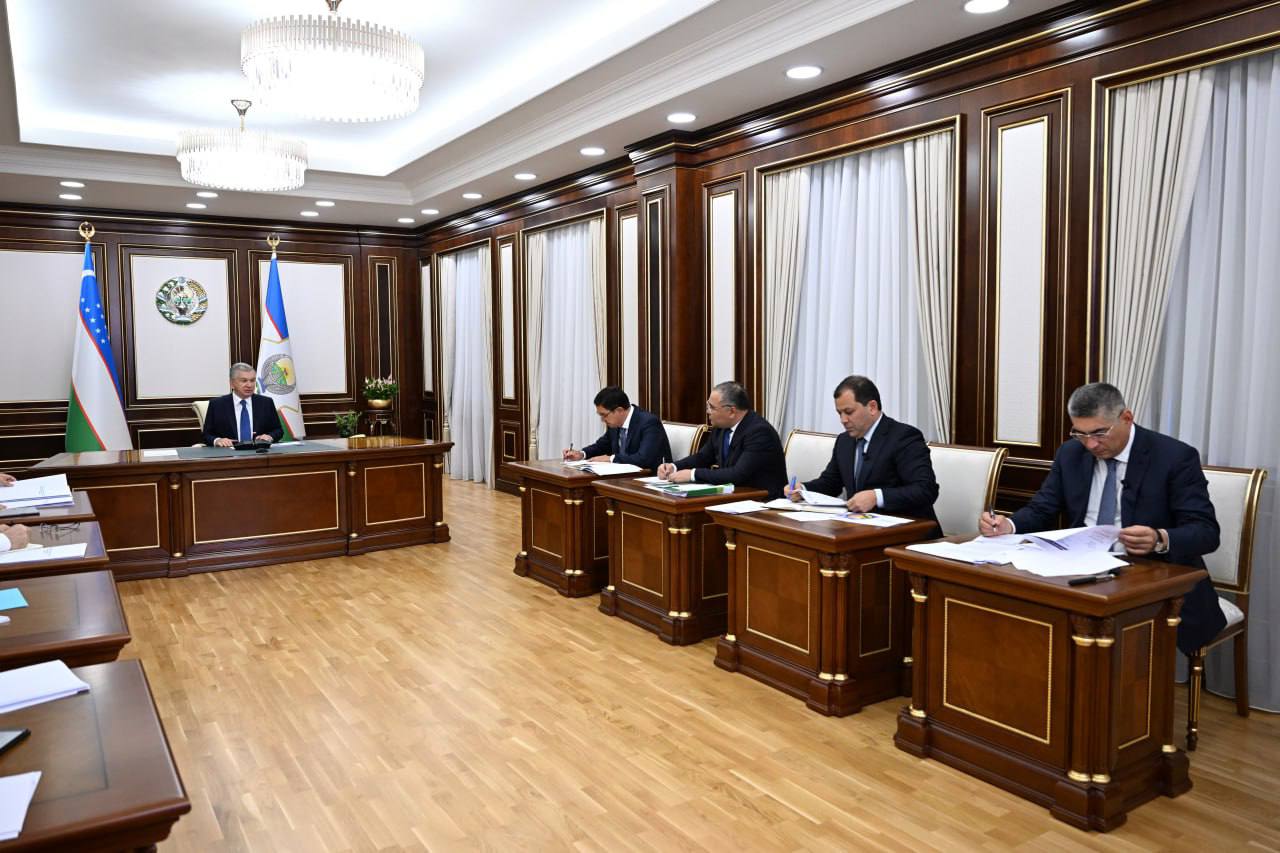TASHKENT, Uzbekistan, September 5. Starting from January 1 next year, farmers and dekhkans in Uzbekistan will be exempt from paying value-added tax (VAT) when selling their own products, Trend reports, citing the press service of the Uzbek president.
The initiative was presented to President Shavkat Mirziyoyev during a briefing on measures to create a full value-added chain in the agricultural sector. The exemption will cover fruits, vegetables, meat, milk, eggs, and other agricultural goods, with the exception of cotton and grain.
In recent years, Uzbekistan has carried out wide-ranging structural reforms in agriculture aimed at improving efficiency. The areas planted with cotton and grain have been significantly reduced and redirected toward food crops. Over 160,000 hectares of new orchards and vineyards have been established, while 1,500 food industry projects worth $1 billion have been implemented. However, despite these efforts, the shadow economy in agriculture remains significant, as a considerable share of production is still not reflected in official statistics. Currently, the VAT rate on food sales stands at 12 percent.
This issue was also raised during President Mirziyoyev’s open dialogue with entrepreneurs. The Head of State instructed relevant agencies to create more favorable conditions for farmers and dekhkans by reducing the tax burden and bringing the sector out of the “shadow.” Proposals to this effect were prepared with the involvement of the International Monetary Fund as well as local and international experts.
At the same time, the existing practice of refunding VAT paid on seeds, fertilizers, fuel, transport, electricity, and other production costs will remain unchanged. According to calculations, the new measures will allow farmers and dekhkans to retain an additional 300 billion soums annually, while the VAT exemption itself will generate another 400 billion soums in savings.
Overall, the reforms are expected to increase transparency in agriculture, stimulate the establishment of large industrial plantations, and expand agro-processing enterprises. The president instructed responsible officials to clearly explain the new procedures to farmers and dekhkans, ensure their effective implementation, and promote further growth in food production.
Stay up-to-date with more news on Trend News Agency's WhatsApp channel







